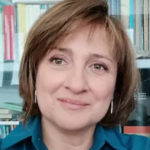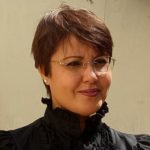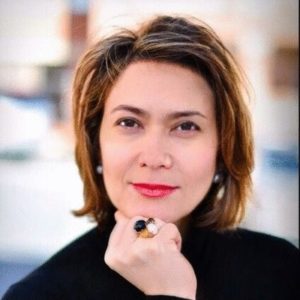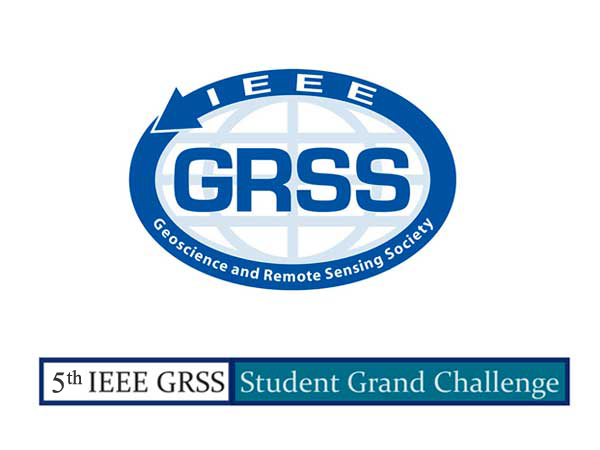Formation of Supportive Networks in the Face of Adversity
Webinar Speakers:
Stephanie Espy, MathSP, USA Dr. Silvia Peppoloni, National Institute of Geophysics and Volcanology, Italy Prof. Ezzoura Errami, Université Cadi Ayyad, Morocco Dr. Ana Ferreras, US National Academies of Sciences, Engineering, and Medicine
- February 24, 2022
- 12:00 PM (EDT)
- Sponsored by GRSS
- IDEA Webinar
About the Webinar
In view of the unprecedented year that we had during this pandemic, we will bring you powerful and inspirational stories of women around the world. These women scientists will share with us how they benefited from supportive social networks and also how to become a source of support to others. The live event will feature a moderated Q&A panel.
Speakers’ Bio
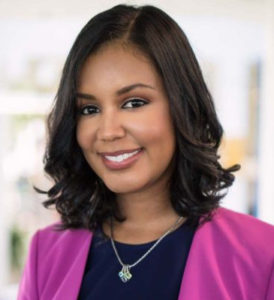 Stephanie Espy received her BS in Chemical Engineering from MIT, her MS in Chemical Engineering from Berkeley, and her MBA from Emory University. She is Founder and CEO of MathSP, a company devoted to empowering the next generation of STEM leaders by inspiring, mentoring, and coaching them in Science, Technology, Engineering, and Mathematics content and careers. Founded to optimize the quality of STEM education provided in Georgia, USA, MathSP is an academic and test prep coaching company that has mastered the art of equipping students with a “math state of mind” while arming them with the strategies and insider “tricks” they need to ace standardized tests and attend the schools of their dreams. MathSP is home to STEM professionals who just happen to be some of the nation’s best STEM educators as well as Georgia Tech and Emory University students that belong to groundbreaking research labs and aspire to become STEM leaders. Together, we are fueled by a desire to impart STEM fluency – the ability to problem solve, think critically and logically, apply theory and innovate – to our students and build their confidence as self-sufficient, lifelong learners.
Stephanie Espy received her BS in Chemical Engineering from MIT, her MS in Chemical Engineering from Berkeley, and her MBA from Emory University. She is Founder and CEO of MathSP, a company devoted to empowering the next generation of STEM leaders by inspiring, mentoring, and coaching them in Science, Technology, Engineering, and Mathematics content and careers. Founded to optimize the quality of STEM education provided in Georgia, USA, MathSP is an academic and test prep coaching company that has mastered the art of equipping students with a “math state of mind” while arming them with the strategies and insider “tricks” they need to ace standardized tests and attend the schools of their dreams. MathSP is home to STEM professionals who just happen to be some of the nation’s best STEM educators as well as Georgia Tech and Emory University students that belong to groundbreaking research labs and aspire to become STEM leaders. Together, we are fueled by a desire to impart STEM fluency – the ability to problem solve, think critically and logically, apply theory and innovate – to our students and build their confidence as self-sufficient, lifelong learners.
